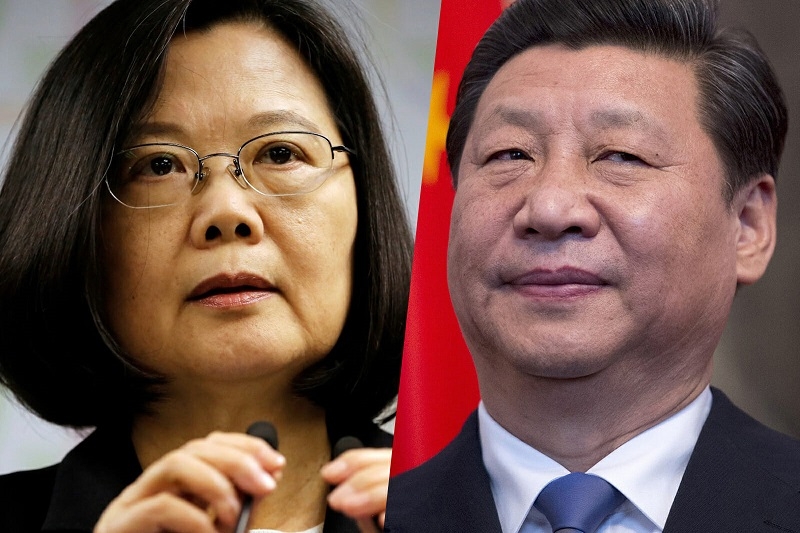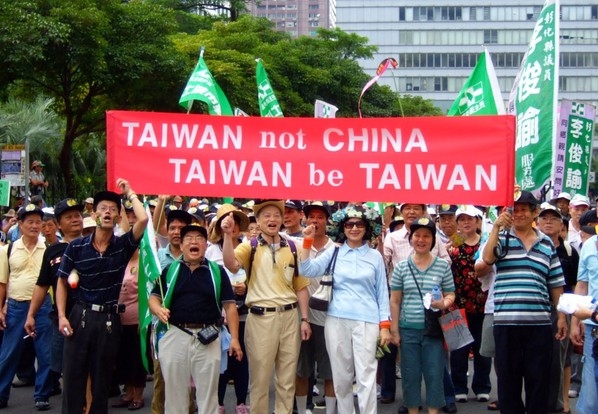Why so aggressive? China vows to take military measures to defeat separatists around Taiwan issue
Total Views |
New Delhi, July 24: Highlighting the defensive approach and standing firm on the ‘One-China policy’, China in its white paper released on Wednesday said that it would not renounce the use of force in efforts to reunify Taiwan with the mainland and vowed to take all necessary military measures to defeat separatists.
In the national defence white paper, China listed among its top priorities resolve, to contain Taiwan independence and combat what it considers separatist forces in Tibet and the far west region of Xinjiang, pledging to counterattack if attacked.

“The threat of Taiwan separatism is growing. If anyone dares to separate Taiwan from China, the Chinese army will certainly fight, resolutely defending the country's sovereign unity and territorial integrity”, said Chinese Defence Ministry spokesperson Wu Qian warning that those who were seeking Taiwan independence would meet a dead end.
Taiwan has its own constitution, army and an elected government, yet the United Nations does not formally recognise it, the reason being China’s consideration regarding Taiwan provinces. Taiwan’s first female president Tsai Ing-wen provoked an angry response on China by speaking to US President Donald Trump, soon after he was elected. In difference to the regimes so far, no US leader had talked directly to a Taiwan President in almost four decades.
While Tsai said she wanted peaceful relations with China, Taiwan resisted its policy to ‘One China Principle’. “Both sides should sit together and talk as soon as possible”, she still believes. This has underpinned the mutual relations, where both the countries stand for ‘one nation’, having different ideas altogether about what that means.

Taiwans 23.5 million people have built their economy into a technology and manufacturing power house. While its average income is three times that of China, the masses within turn to keep peace amid building international relations with mainland, fearing their economy is dependent over the giant.
There is also too much to stake with the military confrontations. Taiwan has its own constitution, democratically elected leaders and about 300,000 active troops in its armed forces.
Given the huge divide between these two positions, most other countries seem happy to accept the current ambiguity, whereby Taiwan has most of the characteristics of an independent state, even if its legal status remains unclear.